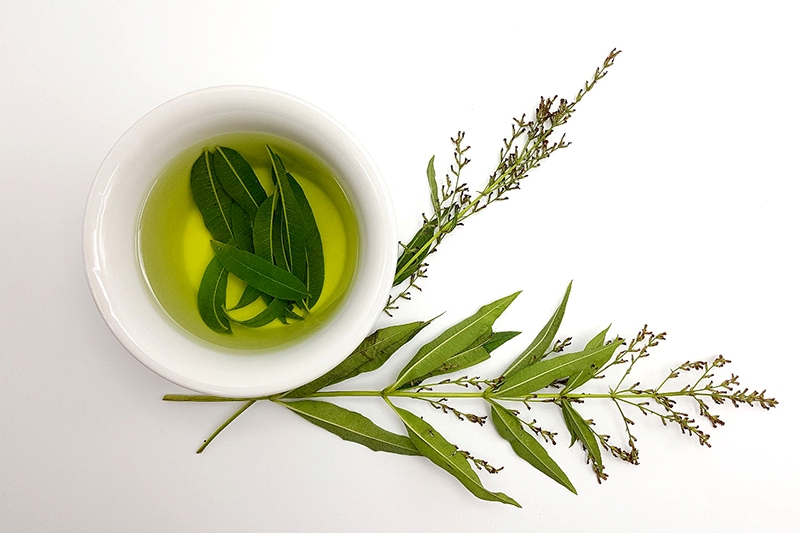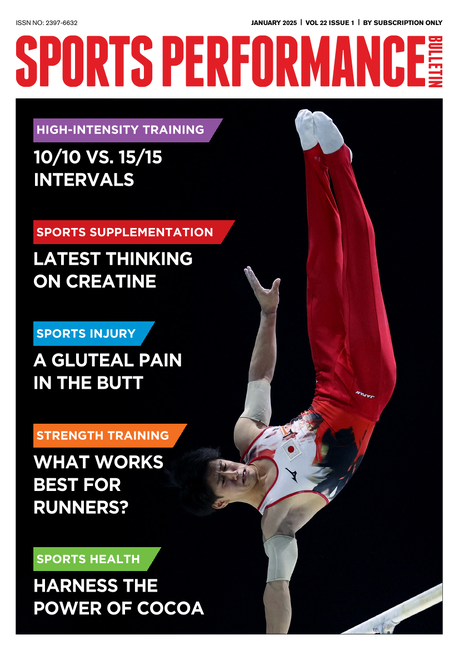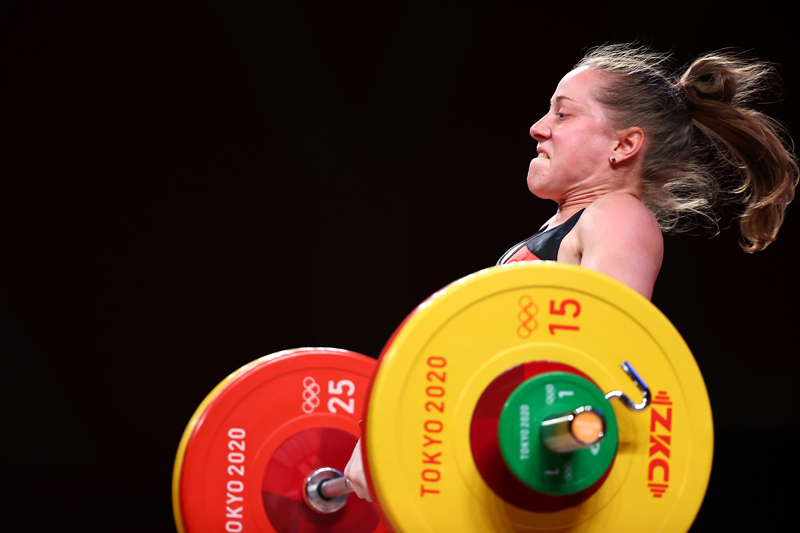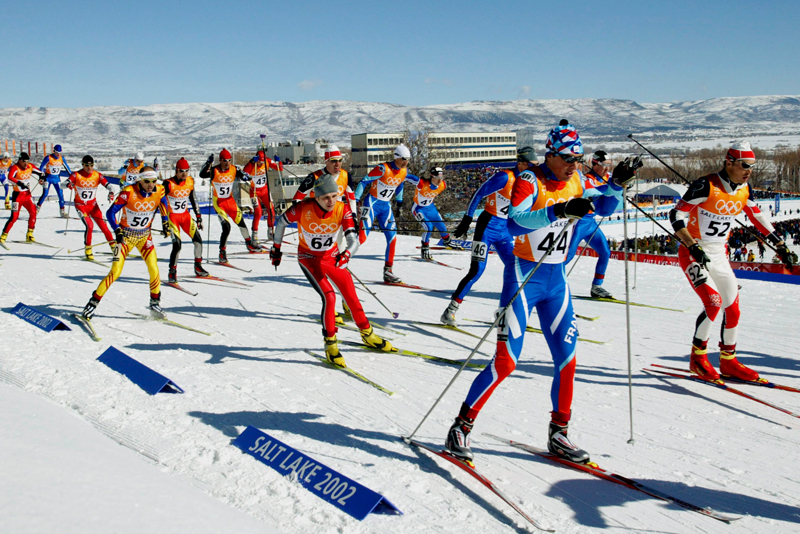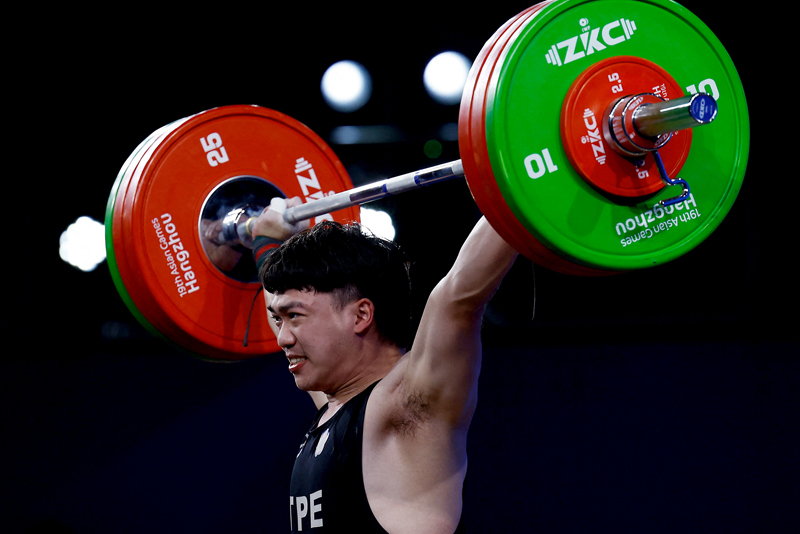You are viewing 1 of your 1 free articles. For unlimited access take a risk-free trial
Multiday events: tomorrow is not just another day

What special nutritional demands do athletes face when competing in multiday events? Andrew Hamilton looks at some recent research
From adventure racing to marathon to triathlon, research has shown us how best to fuel the body for these long and arduous events, and to promote recovery afterwards. But what about multiday events, where long bouts of endurance exercise have to be repeated on consecutive days? Do the body’s needs differ and if so, how? It might surprise you to learn that this is an area in which very little research has been carried out. One reason for this is simple logistics; studies on multiday events are far more time consuming and costly to carry out. Also, athletes may be more reluctant to put their bodies repeatedly through the mill in the name of research! However, some fairly recent research on multiday racing has attempted to overcome these obstacles, and makes for interesting reading.Demands of multiday cycling
In one of the only studies of its kind, scientists recruited eleven well-trained cyclists and asked them to undergo simulated racing for four consecutive days(1). On each day, the cyclists performed a 3-hour session where they were asked to work as hard as possible (ie as they would perform in racing conditions). The simulated racing sessions all took place 2 hours after the cyclists’ last meal and in each session, the subjects were given carbohydrate drinks supplying around 50g per hour – ie about the same amount per hour s would be consumed in a race event. During the race simulations, the researchers measured the cyclists’ energy consumption (particularly, how much energy was being derived from carbohydrate and fat) and also how much protein (from muscle tissue) was being broken down. Of special interest was how these measurements changed over the course of the 4 days of racing.The full breakdown
One of the most important findings was that during days 2-4, the cyclists’ muscles derived significantly more energy from fat in the earlier stages of each bout of cycling than compared to day 1. For example, after 21kms (around 45 minutes) of cycling, the rate of fat oxidation averaged 1.03; 1.08 and 1.12g per minute on days 2, 3 and 4 respectively whereas at the same time point on day 1, it averaged just 0.74g per minute. However, in the latter stages of each bout (50-80kms), the rates of fat oxidation were similar on all 4 days. What was perhaps even more surprising was protein breakdown. During long, hard bouts of exercise, some muscle protein is inevitably broken down – either through mechanical damage, or as a source of fuel, particularly when muscle carbohydrate reserves are running low. However, the increased amount of protein breakdown on days 2, 3 and 4 surprised the researchers; on day 1, the average amount of protein breakdown was around 23g. However, this rose to 29g on day 2 and increased further to around 33g per session on days 3 and 4 – ie muscle protein losses that were 28-46% higher compared to day 1.Nutritional implications for multiday athletes
The study above shows just how important recovery is for anyone who has to race on two or more consecutive days. Despite the fact that these cyclists consumed carbohydrate drinks during exercise and were consuming a carbohydrate-rich diet, the fact that they resorted to burning more fat earlier on days 2, 3 and 4 shows that they were unable to fully replenish muscle glycogen stores even after one day of racing. Of more concern however are the exercise-associated protein losses, which are associated with muscle breakdown. Quite apart from the loss of strength and increased risk of injury this entails, there are implications for performance. We know for example that during intense and prolonged periods of cycling training, significantly higher intakes of protein are needed to aid recovery and maintain performance levels(2,3). There’s also evidence that extra protein intake during periods of intense training can reduce soreness and inflammation(4).Recommendations
Based on the above, multiday event athletes should try to ensure the following:- Consider using a carbohydrate-protein energy drink (containing small amounts of whey protein) during and between events rather than a standard carbohydrate-only drink.
- Increase overall protein intake to around 3 grams per kilo of bodyweight per day during the days of competition - not just in drinks and supplements, but also by consuming high-quality proteins in meals and snacks such as eggs, fresh fish, lean meats such as chicken, low-fat dairy produce such as cottage cheese and plain yoghurt.
- Athletes should by FULLY recovered and 100% fresh before commencing any multiday event. This will require extended tapering and complete rest in the final few days before the event.
- J Sports Sci. 2015;33(5):507-17
- Med Sci Sports Exerc. 2011 Apr;43(4):598-607
- Appl Physiol Nutr Metab. 2011 Apr;36(2):242-53
- Appl Physiol Nutr Metab. 2008 Feb;33(1):39-51
Newsletter Sign Up
Testimonials
Dr. Alexandra Fandetti-Robin, Back & Body Chiropractic
Elspeth Cowell MSCh DpodM SRCh HCPC reg
William Hunter, Nuffield Health
Newsletter Sign Up
Coaches Testimonials
Dr. Alexandra Fandetti-Robin, Back & Body Chiropractic
Elspeth Cowell MSCh DpodM SRCh HCPC reg
William Hunter, Nuffield Health
Keep up with latest sports science research and apply it to maximize performance
Today you have the chance to join a group of athletes, and sports coaches/trainers who all have something special in common...
They use the latest research to improve performance for themselves and their clients - both athletes and sports teams - with help from global specialists in the fields of sports science, sports medicine and sports psychology.
They do this by reading Sports Performance Bulletin, an easy-to-digest but serious-minded journal dedicated to high performance sports. SPB offers a wealth of information and insight into the latest research, in an easily-accessible and understood format, along with a wealth of practical recommendations.
*includes 3 coaching manuals
Get Inspired
All the latest techniques and approaches
Sports Performance Bulletin helps dedicated endurance athletes improve their performance. Sense-checking the latest sports science research, and sourcing evidence and case studies to support findings, Sports Performance Bulletin turns proven insights into easily digestible practical advice. Supporting athletes, coaches and professionals who wish to ensure their guidance and programmes are kept right up to date and based on credible science.

